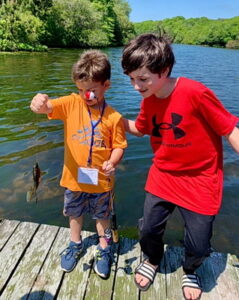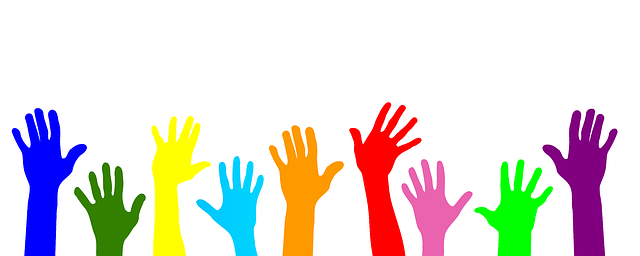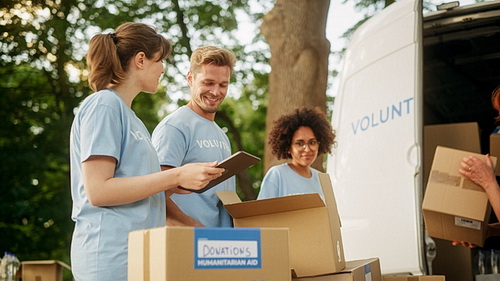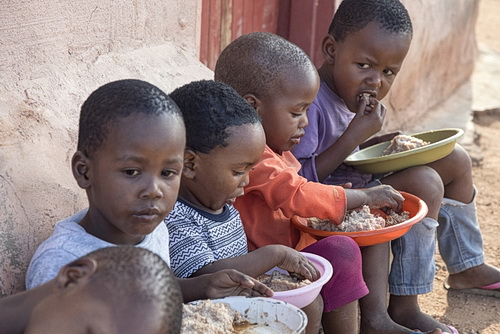
Previously, we mentioned several charitable organizations that Howard Fensterman chooses to donate to, and in this article, we will expand to a broader view of charitable organizations worldwide.
Since there are so many causes that need donations as well as volunteer work, we have picked five that we feel deserve notable attention.
That does not mean that you agree with our picks, as you may have some in mind that you believe are more worthwhile to donate to, and that’s perfectly fine! But we are sure the ones that we have selected here are worthwhile as well, so we simply ask that you read about them and then make your decision. Let’s begin.
St. Jude Children’s Research Hospital
$1.8 million per day! That’s what it cost St. Jude to care for these children and they charge the families zero dollars! What’s more precious than a child? What could be more painful than parents who see their child suffer from cancer? Or worse, actually being that child with cancer!
You’ve heard the expression “Let’s stamp out cancer in our lifetime”. Thanks to the superb efforts of St. Jude Children’s Hospital, that may become true!
Established by Danny Thomas, St. Jude works with top scientists and doctors to research, understand, and subsequently treat children with cancer, as well as other life-threatening diseases.
Pediatric cancer is St. Jude’s major research and care and the young patients may be there for quite a while. Possibly up to three years or more, and the costs can be astronomical with an average price tag of around $425,000 but can be up to $1 million or more.
With that said, no family ever pays a penny to St. Jude, but if the family does have insurance, St. Jude will bill the insurance company, but that’s it. No copays or deductibles are ever asked for.
Shriners Children’s Hospital
Let’s stay with children’s charities just a bit more. The Shriners Children’s Hospital provides exceptional pediatric care for children with diseases or injuries. It has locations throughout the United States, on both coasts and in middle America, as well as one in Hawaii.
Some of the care they provide is orthopedic therapy, gastrointestinal conditions, burn care, rheumatic therapy, sports medicine, and pediatric surgery.
Consider donating to this worthy cause.
Tunnel to Towers
We selected Tunnel to Towers because it represents folks who sacrificed more than anyone would want to sacrifice. The charity provides new homes free of charge to first responders, law enforcement members, and the American military who have been permanently injured in the line of duty. Tunnel to Towers also provides homes to gold star families who have lost a loved one.
These homes are state of the art with all the ‘smart’ features necessary for those who have difficulty managing daily home living.
Created by Frank Siller who lost his brother firefighter at the World Trade Center on 9/11.
While you’re at it, you might also want to consider a donation to Paralyzed Veterans of America.
We should never forget the sacrifices our military and first responders have given for our country!
Pancreatic Cancer Action Network
Pancreatic cancer is one of the scariest cancers to acquire. Over 62,000 Americans are expected to be diagnosed with this disease in 2022 and it is one of the most difficult to manage almost 49,000 people will die from this cancer this year!
Pancreatic cancer is not easy to diagnose and there are no specific symptoms that occur in the early stages of the disease. Unfortunately, the result is that pancreatic cancer is not found until the later stages, which means that it has already spread through the body, and surgery at that point is not a valid alternative.
That is why we choose the Pancreatic Cancer Action Network as one of our top charities to donate to.
Care
Most of us have heard about CARE, an international organization that is driven to help hunger-stricken families worldwide.
As per their mission statement: “CARE provides quality, gender-focused and localized humanitarian assistance to 10% of those affected in major crises, reaching at least 50 million people by 2030.”, their goal is to help more than 50 million people from external factors such as war, natural disasters, climate change, and migration that cause homelessness and humanitarian food crisis around the world.
Care would like to stamp out hunger once and for all. When you donate to Care, you know you are helping families in dire need of food and shelter.
Camp Good Mourning

A local (NY area) 501c3 nonprofit organization that caters to children who have lost a parent or sibling. Camp Good Mourning is a bereavement organization.
As per their website: “Camp Good Mourning! Supports, educates, and empowers grieving Long Island children in a traditional summer camp setting . . . with something EXTRA SPECIAL . . . the ability to connect with other ways who harass experienced the death of a parent and/or sibling!”
When we visited the camp, the most prominent aspect we noticed was the smiling faces of the children as they participated in their activities.
Celiac Disease
Celiac disease refers to the body’s immune system mistaking good, healthy tissues for foreign entities that need to be eliminated. Foods that contain gluten are the main culprits. Those that have this disease are prone to many symptoms, some debilitating, and they need to be extra careful about the foods they eat.
Contact the Celiac Disease Foundation to learn more and to donate.
Please let us know if you have suggestions for us to donate to a worthwhile charitable organization!



